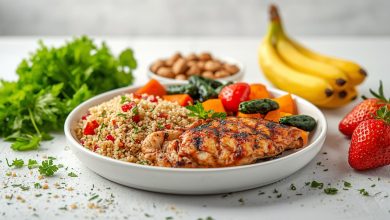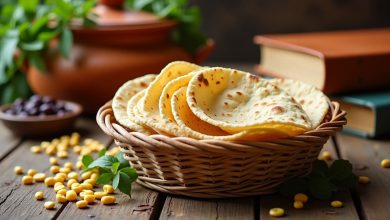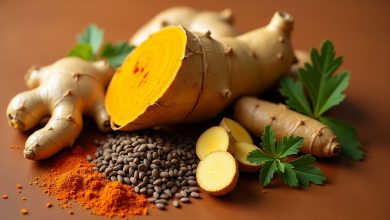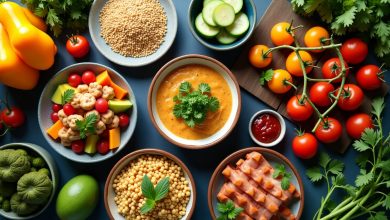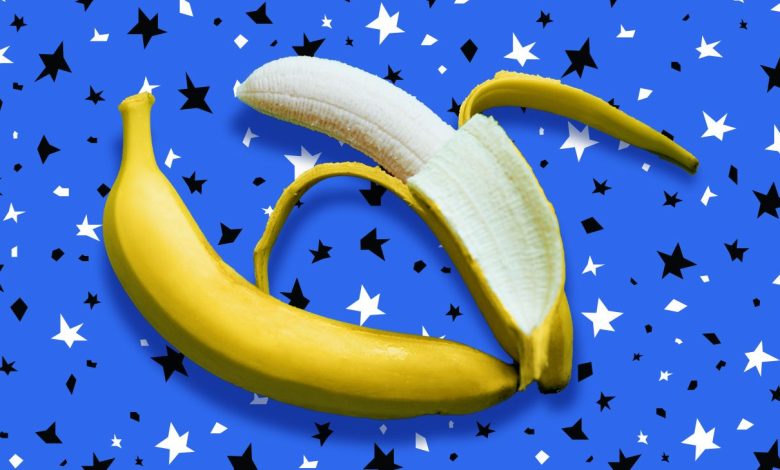
Is chicken high in potassium? Find out the potassium content in chicken and explore 16 potassium-rich foods that can help improve muscle, heart, and bone health.
Is Chicken a Good Source of Potassium?
Chicken is a versatile and widely consumed protein, but its potassium content is moderate at best. Depending on the cut, a cooked serving of chicken contains between 210 and 240 mg of potassium. While this contributes to your daily potassium needs, it pales in comparison to other nutrient-dense options.
To maximize your potassium intake, pair chicken with other potassium-rich foods like leafy greens, beans, or avocados for a well-rounded meal.
Why Is Potassium So Important?
Potassium is vital for maintaining overall health. It:
- Regulates Blood Pressure: Counteracts sodium’s effects, helping lower blood pressure.
- Supports Muscle Function: Prevents cramping and promotes smooth muscle contractions.
- Enhances Heart Health: Maintains a regular heartbeat.
- Strengthens Bones: Minimizes calcium loss and supports skeletal health.
- Improves Energy Levels: Aids in the transport of nutrients to cells for optimal energy production.
Low potassium levels, or hypokalemia, can lead to fatigue, muscle weakness, and serious complications like irregular heartbeat, underscoring the need for a potassium-rich diet.
16 Potassium-Rich Foods and Their Benefits
Here are 16 nutrient-packed foods that deliver high levels of potassium, each with its unique health benefits:
Bananas
Bananas are synonymous with potassium, containing about 422 mg per medium fruit. They’re perfect for a quick energy boost and are ideal for snacks, smoothies, or breakfast toppings.
Sweet Potatoes
With around 541 mg of potassium per medium sweet potato, these root vegetables are also rich in fiber, vitamin A, and antioxidants, making them excellent for heart health and digestion.
Avocados
A whole avocado offers 975 mg of potassium. This creamy fruit is also packed with heart-healthy monounsaturated fats and is perfect for salads, toast, or guacamole.
Spinach
Cooked spinach delivers 839 mg of potassium per cup. Rich in iron, magnesium, and vitamins A and C, spinach supports overall health and is a versatile addition to soups, smoothies, and side dishes.
Beans (Kidney, Black, Lentils)
A cup of cooked beans provides between 600 and 800 mg of potassium, along with protein and fiber. These legumes are excellent for supporting heart health and stabilizing blood sugar levels.
Salmon
A 3-ounce serving of salmon contains about 430 mg of potassium. Alongside its omega-3 fatty acids, salmon promotes brain health, reduces inflammation, and supports heart health.
Yogurt
Plain yogurt offers 573 mg of potassium per cup, along with calcium and probiotics that improve gut health and support strong bones.
Potatoes (with Skin)
A baked potato with the skin intact contains up to 926 mg of potassium. Potatoes are versatile and can be roasted, mashed, or baked for a nutrient-rich side dish.
Oranges and Orange Juice
Oranges provide about 240 mg of potassium per fruit, while a cup of orange juice contains around 496 mg. These citrus fruits are also rich in vitamin C, boosting immunity and skin health.
Cantaloupe
This refreshing melon offers 417 mg of potassium per cup. Its high water content and vitamin A make it an excellent choice for hydration and eye health.
Mushrooms
Cooked white mushrooms provide about 318 mg of potassium per cup. They’re low in calories, making them an ideal choice for adding nutrients without extra calories.
Edamame
One cup of cooked edamame contains 676 mg of potassium. These green soybeans are an excellent snack or addition to salads and stir-fries, providing plant-based protein and fiber.
Tomatoes
A medium tomato has 292 mg of potassium, while tomato juice contains over 500 mg per cup. Tomatoes are rich in lycopene, a powerful antioxidant that supports heart and skin health.
Watermelon
Two cups of watermelon cubes provide 320 mg of potassium. This hydrating fruit is perfect for summer, offering vitamins A and C and a natural way to stay cool.
Beets
Cooked beets offer 519 mg of potassium per cup. They’re packed with nitrates, which help improve blood flow and lower blood pressure.
Dried Apricots
Dried apricots are one of the richest sources of potassium, with 1,162 mg per cup. They’re also high in fiber and antioxidants, making them an excellent on-the-go snack.
How much potassium do you need?
You know it’s critical, but how much potassium do you actually need? The adequate intake (AI) for adult males is 3,400 mg per day, and for females, it’s 2,600 mg. But pregnant folks should aim for 2,900 mg, and anyone chestfeeding needs around 2,800 mg per day. It’s worth noting, though, that these are general guidelines, and your needs may vary based on your age, activity level, and overall health.
Unfortunately, most Americans fall short of these levels, with an average intake of around 2,496 mg daily. A diet high in processed, sugary, fatty foods may be low in potassium and other essential nutrients, leaving people open to deficiencies. So, instead of opting for these less nutritious foods, consider adding more potassium-rich whole foods like veggies, fruits, and meats to your meals and snacks.
How to Include These Foods in Your Diet
Incorporating potassium-rich foods into your meals is simple and rewarding:
- Add sliced bananas or dried apricots to oatmeal or yogurt for a potassium-packed breakfast.
- Pair roasted chicken with sweet potatoes and sautéed spinach for a nutrient-rich dinner.
- Create a colorful salad with avocados, beans, and tomatoes, topped with a light vinaigrette.
- Snack on edamame, cantaloupe, or oranges during the day for a healthy energy boost.
- Blend watermelon, yogurt, and a handful of spinach into a refreshing smoothie.
Conclusion
Chicken, while providing moderate potassium, isn’t a standout source compared to the wide variety of potassium-rich foods available. By incorporating these nutrient-packed options into your diet, you can meet your daily potassium needs and enjoy their additional health benefits.
Balancing chicken with fruits, vegetables, and legumes will not only enhance your meals but also support your overall well-being. Start exploring these delicious and versatile options today to unlock the power of potassium for a healthier lifestyle.
